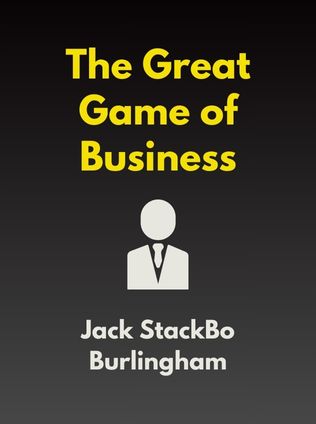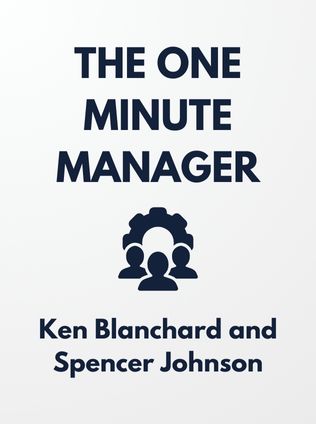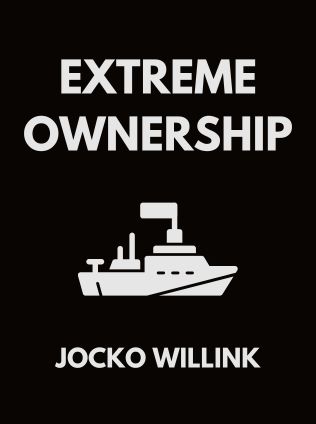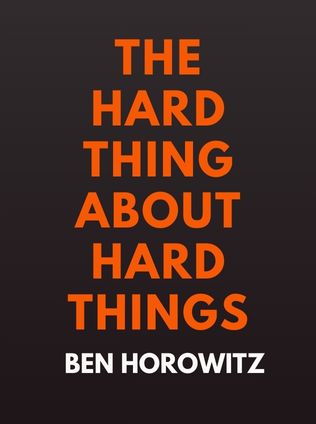
The Great Game of Business
Unlocking the Power and Profitability of Open-Book Management
By Jack Stack and Bo Burlingham
Published 05/1992
About the Author
Jack Stack, the visionary behind "The Great Game of Business," is not just an author but a business strategist par excellence. Recognized by Inc. Magazine as "the smartest strategist in America," Stack has made significant contributions to the business world, particularly through his promotion of open-book management. His journey to success began when he transformed a failing division of International Harvester into what is now the SRC Holdings Corporation, a conglomerate comprising over 60 businesses.
Stack's unique approach to business management, which he describes as playing a game where everyone can win, is the cornerstone of his philosophy. His goal has always been to demystify business operations for every employee, empowering them to think and act like owners. This philosophy is laid out in his book, where he collaborates with Bo Burlingham, an editor-at-large at Inc. Magazine and a prolific writer on business topics. Together, they explore the principles that have guided Stack’s successful career and offer readers a blueprint for implementing these strategies in their own companies.
Main Idea
"The Great Game of Business" is built on a simple yet revolutionary concept: treat business as a game, and ensure that everyone involved knows how to play it well. The book advocates for a management style that is transparent, inclusive, and engaging, urging leaders to share the inner workings of the company with their employees. The rationale is that when employees understand the business, they can contribute more effectively to its success. This approach not only improves productivity but also fosters a sense of ownership among employees, which is crucial for the long-term success of any business.
Stack and Burlingham argue that by making business operations accessible and engaging, companies can unlock their employees’ full potential. They believe that when employees are given the tools and information they need, they are more likely to be invested in the company's success. This, in turn, leads to a more motivated and productive workforce. The book is not just about theoretical concepts; it provides practical strategies that can be implemented in any business, regardless of size or industry.
Table of Contents
- Introduction to the Great Game
- Building a Culture of Ownership
- The Power of Open-Book Management
- Creating Engagement Through Accessibility
- Setting Goals and Offering Rewards
- Challenges and Misconceptions
- Case Studies and Success Stories
- The Future of Business Management
- Conclusion: The Legacy of the Great Game
Introduction to the Great Game
The concept of the "Great Game of Business" is built on the idea that business should be treated as a game—a game in which everyone can participate and win. Stack introduces the notion that for a business to truly thrive, every employee must be involved in its success. This involvement comes from understanding how the business operates, what its goals are, and how each individual’s actions contribute to the overall success of the company.
The game analogy is powerful because it resonates with a basic human instinct: the desire to win. Stack argues that when business is treated as a game, it becomes more engaging and less of a chore. Employees are more likely to be motivated and to take pride in their work when they feel they are part of something larger than themselves. This sense of purpose is what drives the "Great Game."
“When you involve people in the business, when you teach them the rules and show them the score, you give them the opportunity to win.” — Jack Stack
Building a Culture of Ownership
A key theme in the book is the importance of building a culture of ownership. Stack and Burlingham believe that when employees see themselves as owners, rather than just workers, they are more likely to go the extra mile. This ownership mentality is not just about financial stakes; it's about creating an environment where employees feel responsible for the company's success.
To build this culture, the authors suggest several strategies:
Sign up for FREE and get access to 1,400+ books summaries.
You May Also Like
The Lean Startup
How Today's Entrepreneurs Use Continuous Innovation to Create Radically Successful Businesses
By Eric RiesWho Moved My Cheese?
An Amazing Way to Deal with Change in Your Work and in Your Life
By Spencer Johnson, M.D.Make Your Bed
Little Things That Can Change Your Life...And Maybe the World
By William H. McRavenThe Ride of a Lifetime
Lessons Learned from 15 Years as CEO of the Walt Disney Company
By Robert IgerThe Hard Thing About Hard Things
Building a Business When There Are No Easy Answers
By Ben Horowitz



















